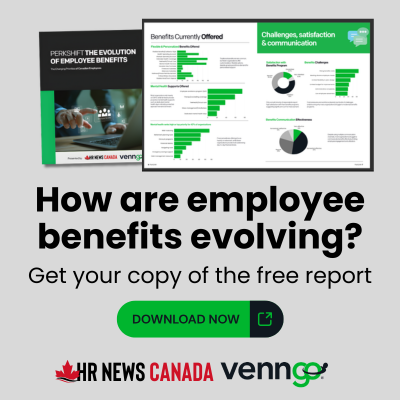Statistics Canada’s recent data reveals an interesting aspect of the Canadian workforce: More than one in four workers (28.4%) are required to either come into work or connect to a work device at short notice multiple times a month.
This requirement is more prevalent among men, with 30.5% facing these demands, compared to 26.2% of women.
The burden of on-call work is most pronounced among self-employed individuals, where 43.8% report needing to be available at short notice, significantly higher than the 26.3% of employees who report the same. This suggests that self-employment may offer flexibility but also demands greater availability.
The impact of such requirements is not evenly distributed across all sectors. In management positions, the expectation to be available at short notice is particularly high, with significant percentages of legislative and senior managers (59.8%) and specialized middle managers in healthcare (55.9%) affected.
Similarly, in healthcare occupations, a considerable number of professionals, including physicians and dentists (39.2%), as well as registered nurses (30.3% of paid employees), are expected to come to work or connect to work devices at short notice.
These statistics underscore a critical challenge for HR professionals and employers in managing work-life balance and employee well-being, particularly in roles where the unpredictability of work hours can contribute to job stress and overall life dissatisfaction.





